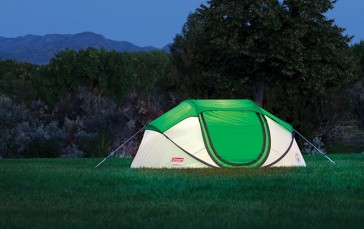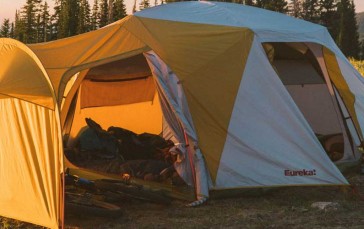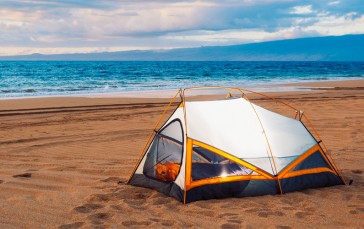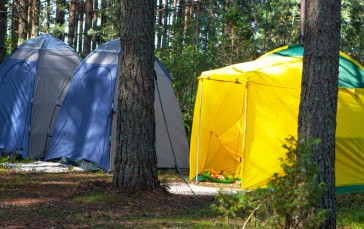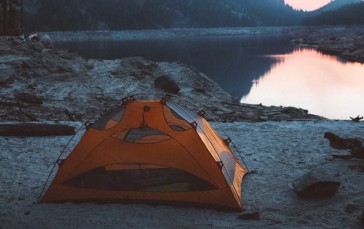Sustainable Homes
Are you someone who feels like no matter what you do, climate change is probably going to kill us all? Do you find yourself getting overwhelmed by the constant bad news cycle of whales dying, forests burning, and ocean levels rising? Perhaps, nothing you do feels like enough, whether it is sticking to your composting routine or never turning up the heat in your home. If this sounds like you, it might be time to downsize.
From tiny homes to #vanlife, living small is cool. You can find Netflix shows about the trendiest homes and books portraying the romanticism of life on the road, even living in a large camping tent. People are yearning to break out of the day-to-day grind and find something new, something that can bring them back to the joy and freedom of youth, something different.
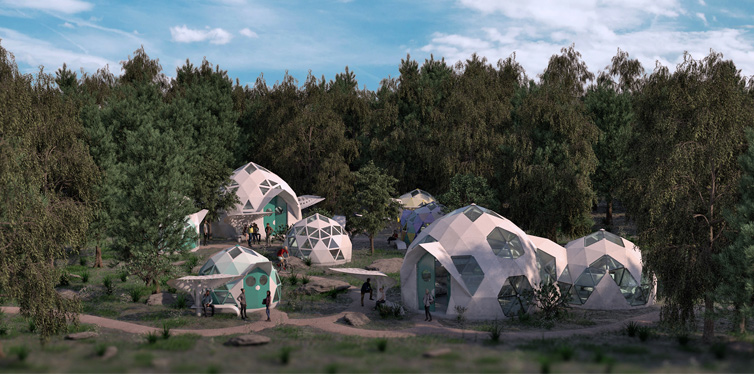
Live Differently
Well, if different is what you are looking for, then Geoship might be the next step you can take toward environmental and personal resilience. Geoship is a startup looking to revolutionize the housing industry with the architecture of the future and getting people out of their comfort zones. Geoship claims we won’t live in boxes in the future.
Their vision is to build geodesic structures in a variety of sizes ranging from a small studio to a larger home and even a communal village with domes of various sizes. Geoship plans to use a bioceramic material, similar to the material that makes up shells or bones. Geoship claims that this material is resistant to fires, floods, and insects and that the buildings are disaster-resilient. Geoship claims installation will only take a few days, due to the simplicity of the design.
Live Inexpensively
Geoship expects to save homeowners at least 50% compared to traditional home costs. According to Geoship’s website, price estimates (including foundation, delivery, installation, and finishing touches) for Geoship homes range from $55,000 for a small house to $250,000 for a large home. Utilities would also be cheaper, due to the energy-efficient design that passively heats and cools the home.
Geoship designs their homes to last up to 500 years, and they plan to create a new housing market that does not rely on the high housing and maintenance costs of wooden houses. They expect one of their domes to only need about $5,040 of maintenance costs every 100 years compared to a traditional home, which averages around $305,033 every 100 years. If the bioceramic panels are damaged, the maintenance consists of adding more material to form a waterproof repair. Spraying down the bioceramic composite returns the surfaces to a like-new condition every 100 years or so.

Live Sustainably
Geoship claims that their premade bioceramic panels would sequester more carbon dioxide than it would take to make them. The design of the ceramic cellular insulation provides a lot of surface area that allows for carbon sequestration, which could potentially result in a carbon-negative building.
The materials for the bioceramic composites would be all-natural, as well as recyclable. According to Geoship’s investor platform, the company can harvest raw materials from seawater desalination plants, sewage treatment plants, and other non-toxic waste stream sources. Old bioceramic panels could be recycled into new bioceramic panels or reused as fertilizer.
The design of the domes also creates an energy-efficient living space. With 50% less surface area than a comparably-sized rectangular home, a Geoship dome has double the insulation, which keeps the house warm in the winter and cool in the summer. And the ceramic material reflects over 80% of the sun’s radiation to create a “cool roof” effect.
Live Communally
Did you know that living alone can be a health risk? And not only due to the risk of falling or getting hurt in some way. Some research indicates that loneliness can increase the likelihood of premature death by up to 50%.
Geoship wants to get at the root of this problem by bringing more people together with their communally designed living spaces. Each of the three sizes of Geoship domes can be linked together to form a village. This way, you can maintain your own space and privacy while having friends and family closeby.
A Geoship dome could also be used as an Accessory Dwelling Unit (ADU) to provide an extra living space in your backyard — to rent out or to create an intergenerational family home. Geoship offers a wide variety of possible living scenarios with its customizable living spaces.
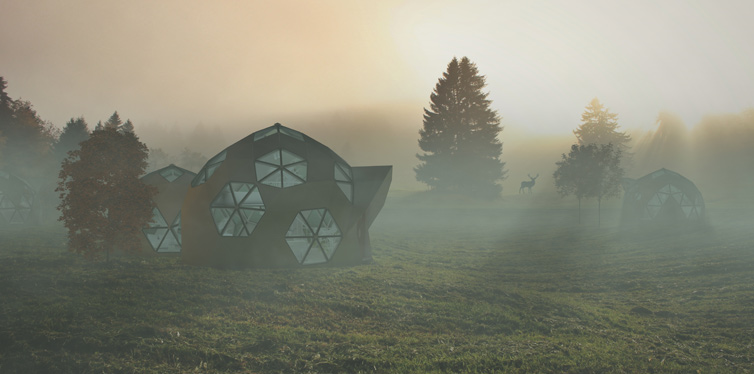
Own Part Of The Company
Geoship wants to redistribute wealth by allowing every customer to become an owner of the business. Geoship envisions customers owning between 30 and 70% of the company, once the company transitions into a multi-stakeholder cooperative ownership model. Geoship calls it a “profit-for-all” cooperative model designed to balance profit with supporting people and sustaining the planet.




